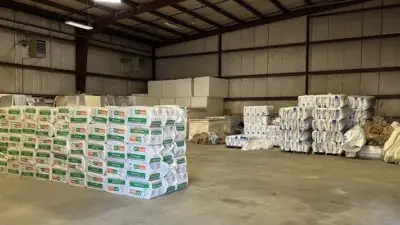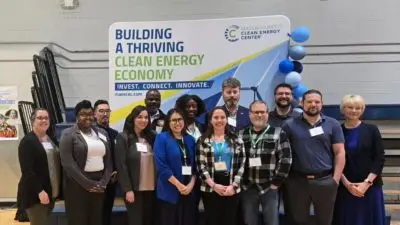It’s important for all homeowners to know the variety of HVAC system options available to them. Each home has different needs that depend on square footage and other important factors. The optimal heating and cooling equipment will do its job consistently, conveniently, and efficiently.
For such an expensive and important investment, you want to make sure you can be happy with your decisions for many years to come. Whether you’re a first-time homeowner or a seasoned expert with multiple properties, you should always consult a professional to assess your unique home and determine your best options.
Heating Systems
The proper heating system will keep you reliably comfortable and save you significant money. Without a sufficient heating system, a home can be vulnerable to all sorts of cold weather dangers, such as damaged property, frozen pipes, and miserable inhabitants. Make the best choice for keeping you and your loved ones warm by knowing the options available to you.
- Furnaces – Distributes heated air through a home using a series of ducts. Furnaces typically use natural gas, though they may also use electricity, oil, or propane.
- Heat Pump – Transfers heat rather than producing it. Heat pumps have the additional benefit of dual heating and cooling functions. Heat pumps have an average lifespan of 10 to 20 years, though may experience a decreased expectancy in coastal regions.
- Hybrid Heating – Hybrid heating utilizes both a heat pump and a furnace to provide consistent comfort. When heating needs become too much for the heat pump alone, the furnace kicks on to ensure the heat pump doesn’t overexert itself.
- Radiant Heating – Radiant heating works by circulating electric heat or hot water through special piping within the floors, walls, and/or ceiling. Repairs for these systems tend to be very expensive, though they can last from 30 to 45 years!
- Electric Baseboards – Electric baseboards warm a home by introducing electric heat at the floor level. The hot air rises, pushing the cold air down to be heated. Most electric baseboards last for 15 to 20 years.
Hot Water Systems
Hot water systems are a specific type of heating system that rely on a boiler to produce heated water for distribution through a variety of piping options. Hot water radiates heat into a home as it is circulated through a system.
- Boilers – Boilers heat water for circulation through a piping system. They can be operated using coal, gas, oil, or solar. Boilers may last anywhere from 15 to 30 years.
- Gravity – In gravity hot water systems, water is heated and expands, which causes the cold water in the system to be returned for heating. Gravity systems are simple and reliable, though they are typically less efficient than other forms of heating.
- Forced Circulation – Forced circulation hot water systems efficiently pump heated water through its pipes. Cold water is forced back to the boiler for heating before being recirculated.
- Hot Water Baseboards – Hot water is circulated through a series of baseboards units that introduce heat into rooms. The hot air rises, pushing the cold air down to be heated. Hot water baseboards survive for 10 to 20 years.
Cooling Systems
Cooling systems are vital to surviving the hotter times of the year. Excess heat and humidity can be damaging to your home and property. Cooling systems use compressors and refrigerant to remove hot air and humidity from a house and replace it with cool, conditioned air. The appropriate system will keep you and your home happy through the warm months.
- Central Air Conditioners – With central air conditioners, a compressor unit uses ductwork to distribute cold air through an entire house. An average system can last 10 to 20 years.
- Heat Pumps – Heat pumps function mostly the same as central air conditioners, with the one key difference that they can also be reversed to use for heating.
- Ductless Mini-Split – Ductless mini-split systems are designed for unparalleled room and zone control. No other type of cooling system outdoes its ability to manipulate individual room temperatures. Ductless mini-split systems also don’t require air ducts, which can be a huge advantage depending on the structure of a home. These systems can last anywhere from 10 to 30 years.
Let us help you make the smart decision.
With the appropriate equipment, your home will be happy year-round for minimal costs. With the proper maintenance, that equipment will last you for as many years as it possibly can. Whether you’re outfitting a brand-new property or replacing the old system in your beloved home, we’re here to guide you toward the right choice. Secure your comfort now.








